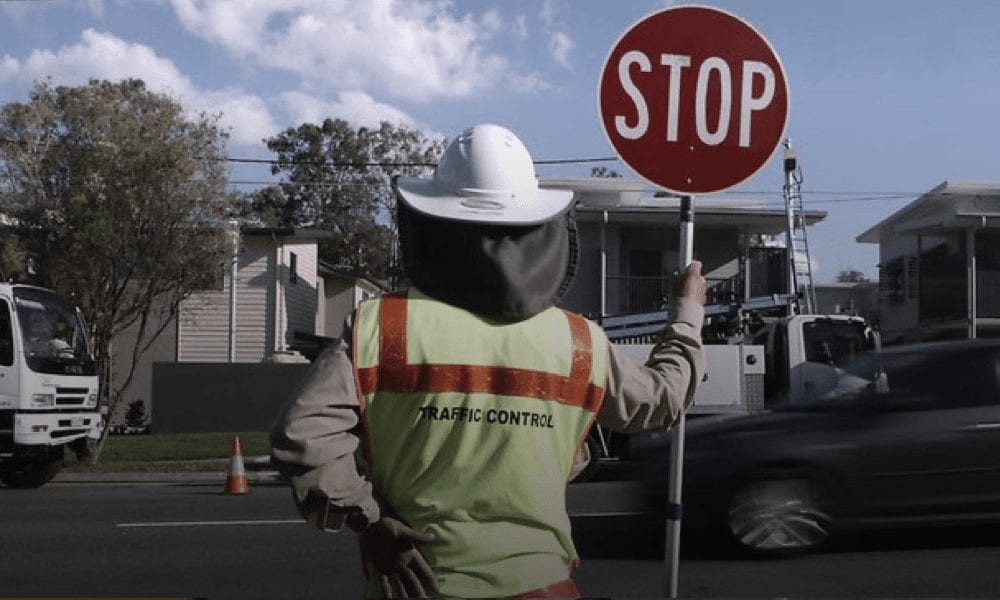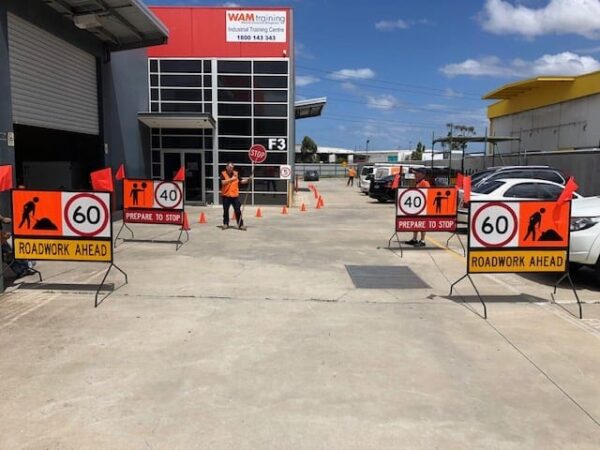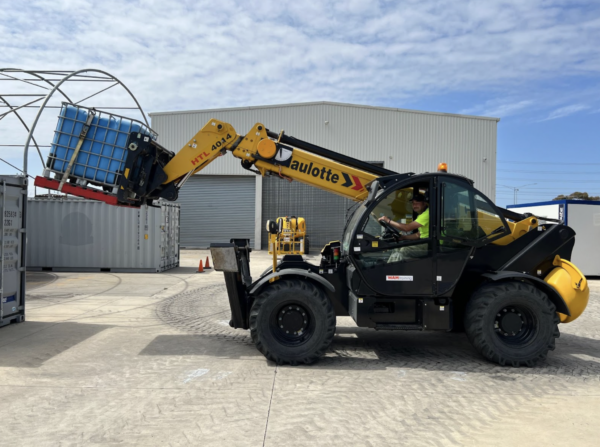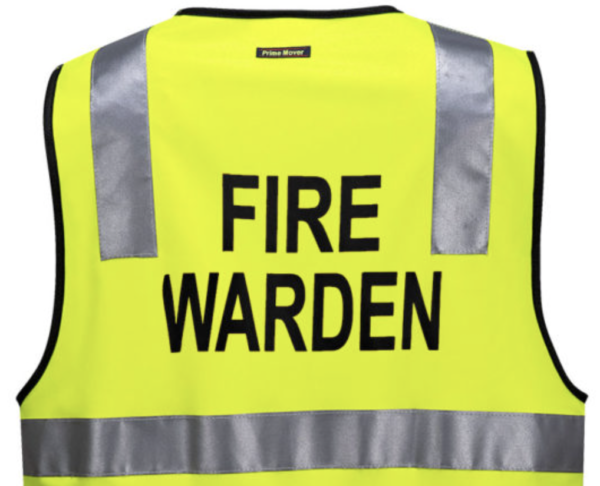
In recent years, we have seen an increase in the number of traffic control companies and traffic controllers across many industries – road maintenance, utility maintenance and construction, to name a few.
The two driving factors are firstly, an increased level of compliance with legislative requirements and adherence to VicRoads guidelines.
Additionally, Government funded projects such as Level Crossing Removal Project, Westgate Tunnel Project, Metro Tunnel, and Regional Rail, have also contributed to a steady increase in the demand for Traffic Controllers.
Here’s the top 5 questions we get asked about traffic control:
1 – What does a Traffic Controller do?
As the title implies, the main job responsibility a Traffic Controller has is to control traffic (but it’s not quite as simple as that – read on!). Traffic Controllers are only required when a temporary change is needed to be made on the road reserve. These changes are generally because of construction work, maintenance and repairs on water, gas and electricity networks and delivery of goods to construction sites.
The main duty of a Traffic Controller is the direct traffic in a way that assures the safety of all workers and road users, generally requiring the use of a stop/slow bat. You will also be required to set up, maintain and pack up roads signs and barriers, as well as reviewing and applying a traffic guidance scheme (a diagram which depicts the layout of traffic control devices) according to a traffic management plan. Other duties include:
- minimising the impact of the project on the road network and other road users;
- creating a safe working environment (for yourself and other workers); and
- reporting drivers who don’t follow the modified road rules
Managing the flow of traffic is an important responsibility (as is any job which includes protecting the safety of others).
Depending on the construction project you are working on, you could find yourself working some distance from other workers. Therefore, the use of communication systems (such as two way radios) will also be part of your activities.
2 – How can I become a Traffic Controller?
To become a Traffic Controller, you’ll need to complete a short course, comprised of the following Nationally Accredited units of competency:
- RIIWHS205D Control traffic with a stop-slow bat (Required to hold the stop / slow sign)
- RIIWHS302D Implement traffic management plan (Required to erect traffic signs in accordance with the traffic management plan)
If working on or as part of a construction site you will also need to have a current Construction Induction card (Also known as a ‘White Card’), which incorporates the completion of the following Nationally Accredited Unit of Competency:
Additionally, Traffic Controllers must have adequate English language skills to safely complete tasks relating to controlling traffic, such as being able to:
- Understand Safe Work Method Statements (SWMS), Traffic Management Plans (TMP) and Traffic Guidance Schemes (TGS)
- Speak English clearly in order to be able to communicate easily with other members of your traffic control team
3 – How much does a Traffic Controller get Paid?
There have been stories of Traffic Controllers earning between $100,000 and $180,000 in recent years. However, as the Traffic Control Industry matures you will find that these rates of pay are a little outdated.
Recent stats released by Indeed (a digital employment agency) list the current wage of a Traffic Controller as $29.37 per hour. Seek lists the salary for a Traffic Controller as between $55,000 and $65,000 per year.
Depending on the job you get, you can expect to work 8 to 10 hour shifts.
Either way, this is a fantastic career choice which provides a steady income stream. We can expect a range of major infrastructure projects to be announced as part of the Victorian Government’s response to the COVID-19 pandemic – so now is a great time to undertake a Traffic Controller Course.
4 – Why should I complete a Traffic Controller Course?
Section 21 of the Occupational Health and Safety Act 2004 (Vic.) requires that employers provide an
adequate level of information, instruction, training and supervision to employees to enable them to work safely.
This Road Management Act 2004 Compliance Code states –
“Personnel involved in traffic management and traffic control should, where applicable, possess a certificate, issued by a Registered Training Organisation.”
This is reinforced by VicRoads Guidelines for Traffic Controllers –
“Traffic controllers are to be appropriately trained in their duties and certified as competent. All accredited traffic controllers at worksites on roads in Victoria should comply with the guidelines… All traffic controllers are required to obtain a valid Statement of Attainment in Traffic Control using Stop/Slow Bat and should attend an appropriate refresher course every three years.”
5 – What does a Traffic Controller’s day look like?
As a Traffic Controller, you will spend a lot of your time working as part of a team and outside in the fresh air.
Traffic Controllers spend a lot of time outside and on their feet. As a consequence, a Traffic Controller will need to prepare by packing enough food and drink for the day and a comfortable pair of steel capped boots will be essential.
You will also need to have access to Personal Protective Equipment PPE (such a steel-capped shoes, high visibility vest, long-sleeved top, pants, sunscreen and hard hat with brim) – and don’t forget wet weather gear if you’re planning on working in Melbourne.
If you work as part of a construction crew, in addition to performing Traffic Control duties, you will also be expected to complete other tasks as required. This could include rotating roles within the construction crew to keep you fresh and ensure high levels of concentration when performing your Traffic Control responsibilities.
Additional Information
- Each state has their own requirements (In Victoria, VicRoads has released guidance to Traffic controllers in their Guidelines for Traffic Controllers. Whereas in NSW, RMS (Roads and Maritime Services) outline their requirements here.
- How to implement traffic management plans
- How to use two-way radios
- How to set up, use and pack up traffic control devices
- And most importantly – How to work as part of a traffic control team
- All Traffic Controller courses will include a written and a practical assessment
Typically, a Traffic Controller course will cover the following topics:





